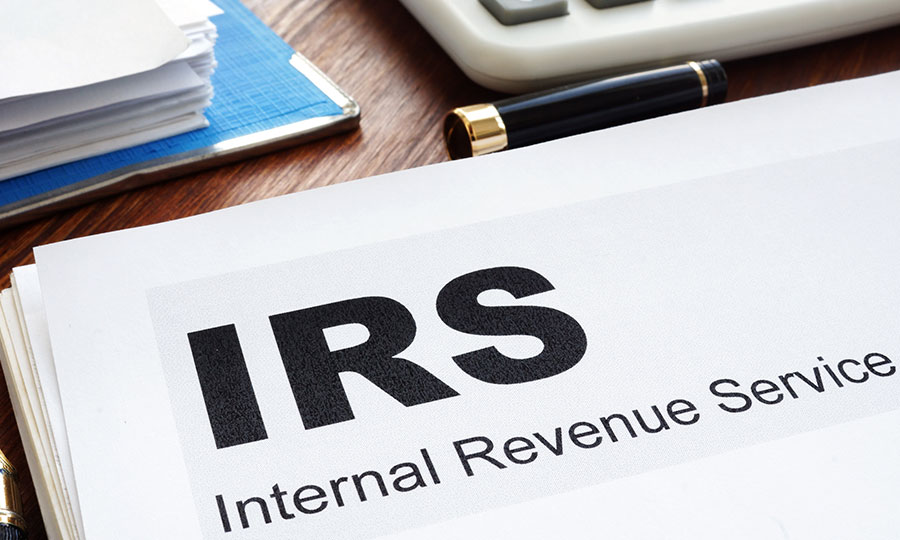Tax collection is one of the main ways in which the government can generate revenue. The Internal Revenue Service (IRS) serves as the primary agency responsible for collecting the taxes, enforcing tax laws, and ensuring taxpayers stay compliant.
Behind the scenes, the IRS operates through a complex framework of procedures and regulations, and it holds significant authority to go after taxes that are unpaid.
Let’s spend some time understanding the inner workings of the IRS and go over the steps to take if you need assistance navigating the complexities of tax collection.
The IRS’s Role in Tax Collection
At its core, the IRS is tasked with the collection of federal taxes. This typically includes federal income taxes, payroll taxes, and other levies imposed by the Internal Revenue Code.
The IRS is responsible for processing all of the tax returns, assessing tax liabilities, and enforcing tax laws to ensure compliance. It contains an extensive network of offices and personnel, and the IRS regularly conducts audits, investigations, and enforcement actions to address any tax delinquencies.
To make sure taxpayers fulfill their tax obligations, the IRS can use a variety of enforcement tools and procedures. When taxes are overdue, the IRS may issue tax liens, garnish wages, levy bank accounts, and potentially seize property and other assets.
- Tax liens are legal claims against a taxpayer’s property, serving as a form of collateral for unpaid taxes.
- Wage garnishments involve the deduction of unpaid taxes directly from an individual’s wages.
- Bank levies allow the IRS to seize funds from a taxpayer’s bank account.
- In extreme cases, the IRS may resort to seizing assets, such as real estate properties or vehicles.
Challenges Faced by Taxpayers
Navigating the IRS’s enforcement actions and resolving tax debts can be daunting tasks for taxpayers. Many individuals and businesses may find themselves overwhelmed by all of the different tax laws and nuances, plus dealing directly with the IRS can be a nightmare.
Taxpayers facing financial difficulties or unforeseen circumstances may struggle to meet their tax obligations, which leads to mounting tax debts and potential legal consequences. The stress and anxiety associated with IRS enforcement actions can also take a toll on taxpayers’ well-being and financial stability.
It’s vital to know your options when you have tax debt. Luckily, tax relief professionals like PJN Tax Solutions can help you navigate the overwhelming processes.
The Role of Tax Relief Professionals
Seeking assistance from tax relief professionals can provide much-needed support and guidance. Tax relief professionals are well-versed in tax laws and regulations, and they specialize in helping taxpayers resolve their tax issues. They can assess a taxpayer’s financial situation, negotiate with the IRS on their behalf, and develop customized strategies to address their tax debts.
How Tax Relief Can Help
Tax relief professionals offer a range of services designed to alleviate the burden of tax debts and provide relief to taxpayers. These services may include negotiating installment agreements, settling tax debts for less than the full amount owed through offers in compromise, and representing taxpayers in IRS audits and appeals.
Additionally, tax relief professionals can provide expert advice on tax compliance, tax planning, and strategies to prevent future tax issues so you can have peace of mind knowing you are prepared.
For taxpayers facing tax issues, understanding how the IRS operates and seeking assistance from tax relief professionals is essential to navigating the complexities of tax collection and finding viable solutions to resolve tax debts.
If you owe $10,000 or more in back taxes, contact our office today for a free, no-obligation consultation so we can go over your options. By leveraging our expertise, you can regain control of your situation and financial future. Contact us today.

